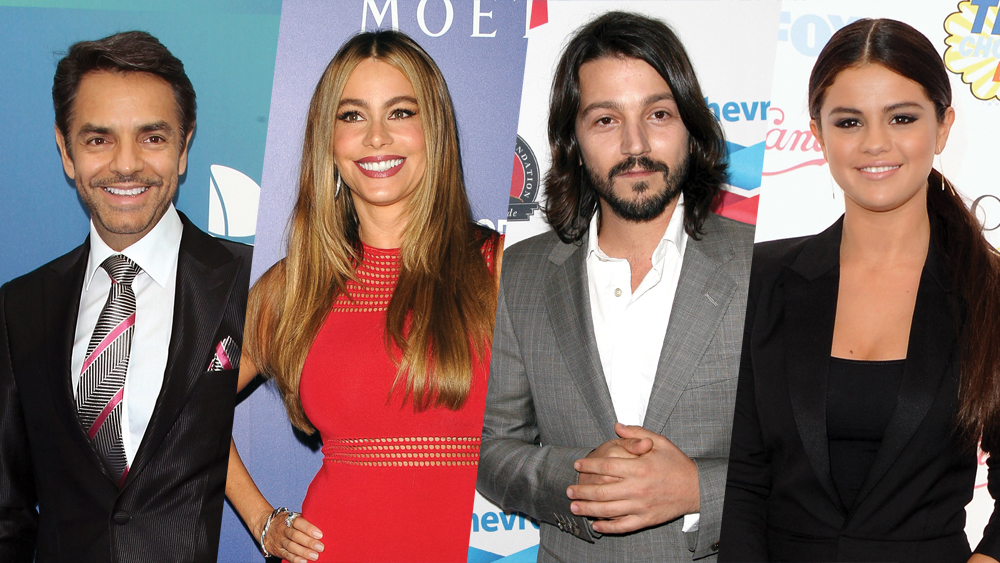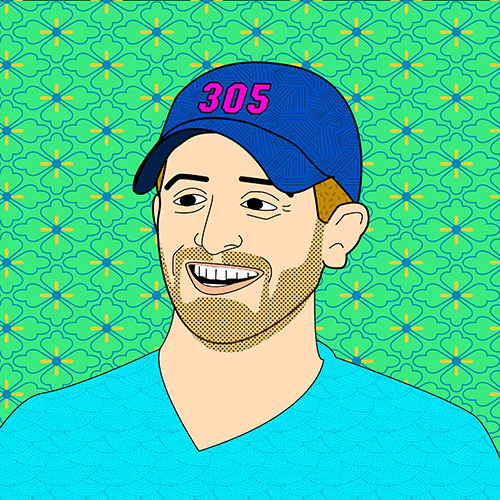
I like to joke that I’m a Daywalker. For those who missed Wesley Snipes’ Oscar-worthy work in Blade, the term applies to vampires who can saunter about in sunlight without immediate incineration. The moniker fits because White Latinos move seamlessly through two worlds without negative repercussions.
Both my parents are Cuban, but I can blend perfectly into North Hampton, croquet mallet in hand. I worked hard to disguise my accent in professional settings after learning that White colleagues and superiors took me more seriously if I spoke like them. I experienced violent prejudice, but only after consciously identifying myself as a member of an out-group. I feel apart and excluded from White American culture, but I benefit from being mistaken as a member.
I have a chip on my shoulder. When walking through White World, no one questions whether I belong in a Starbucks, Nordstrom, or Omaha, Nebraska. However, I usually experience some standoffishness when crossing the threshold into Latino Land. This could be at a cafeteria, Día de los Muertos celebration, or salsa festival. My fellow Latinos look askance at me, wondering what I’m doing in their domain. I can clear this up relatively quickly by saying something very loud in Spanish, therefore lifting my Daywalker disguise and letting everyone know I’m un blanquito, but I belong.
Constantly proving my ethnicity to other Latinos is tiring, but that pales when compared to the exhausting, demoralizing, constant micro and macroaggressions experienced by tens of millions of other minorities in this country who do not blend into White society. I can outwardly tailor my ethnicity to best suit my needs. I can be the biggest cubiche to ever don a guayabera around la caja china, but if I’m pulled over by a cop, you’d better believe I turn into John Smith from Danbury, Connecticut. I am not followed in stores and I trash receipts without worrying about being accused of shoplifting because I don’t stand out.
I know this piece will elicit a deluge of recriminations from other White Latinos—after all, this isn’t the first time I broach this topic. Yes, we have also been and continue to be victims of bigotry. Yes, we and/or our antecedents faced tremendous adversity when arriving in this country. Yes, many of us attained financial success despite those obstacles. But none of that negates the advantages we are afforded.
Privilege is a spectrum, not an absolute. White Latinos face less discrimination than others who do not immediately stick out in White-dominated spaces. Even when our accents or mannerisms give us away, we still look like the in-group. This makes White people in positions of power far more likely to perceive us (and I’ve been called this numerous times) as the “good Latinos.” We’re the exceptions, the model minorities, because we look like them.
So where do White Latinos belong in America? Vociferously supporting our fellow minorities. We are more likely to gain entry into White-dominated spaces because of our appearance. This also makes the inhabitants of those spaces more likely to drop their guards to exhibit implicit and explicit biases. This is when we need to step up and make clear that their bigotry is unacceptable. You wouldn’t believe the pearl-clutching and stammering excuse-making I witnessed after revealing myself as a Daywalker to someone who, seconds before, had blithely uttered casual racism. This might cast us out of the in-group, and even risk a violent confrontation, but that is no different than the quotidian experiences of millions of others.
We should not mistake backdoor entry into a White power structure as wholehearted acceptance. White Latinos are still an out-group in this country. We should make common cause with other marginalized communities struggling for the advantages already granted to us. Just as importantly, when entering those spaces, we need to drop our privilege, listen, and follow the lead of individuals who have never been mistaken for non-Latino Whites.
Lastly, we need to reflect on our own bigotry. Blatant racism is rampant among White Latinos. Suggesting otherwise is barefaced self-delusion. We inherited the worldview of our criollo ancestors, who brutalized Black and Native people across Latin America with the same ferocity as their counterparts in the Deep South. The Spanish colonial racial hierarchy (peninsular, criollo, mestizo, mulato, índo, and negro, in that order) is still very much in force in Latino communities—just as much in Miami as Mexico City.
Calling out our abuelos, parents, and generational peers is difficult. We risk starting fights, straining relationships, and ending friendships. It’s much easier to roll our eyes and change the subject. But these norms need to made unacceptable. We have some house cleaning to do, and it needs to begin now.
As Daywalkers, White Latinos can move through White spaces without being burnt, but we don’t really belong. We are welcome while we speak, and laugh, and look like the in-group. But we can fake it, and that affords us advantages so many Black, Native, Latino, Middle Eastern, and Asian people are never granted. We can don and remove our disguises at will. They cannot. If we don’t use that privilege to help other marginalized communities while addressing our own bigotry, then we’re just cowards hiding in plain sight.
If you like our stories, check out our latest book.
